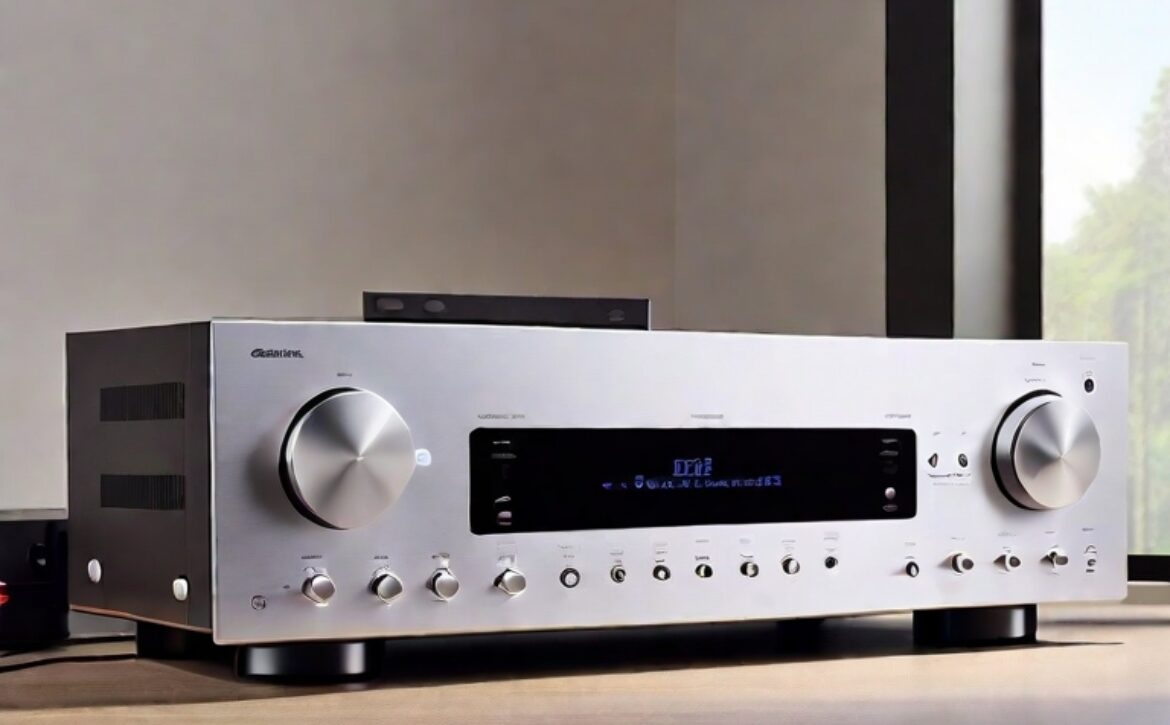A Guide to Choosing the Best AV Receiver for Your Home Theater
Selecting the best AV receiver for your home theater can be a daunting task, given the myriad of options available in the market. With the rapid advancements in audio and video technologies, it’s essential to make an informed decision to ensure that your home theater system delivers the best possible experience. In this guide, we will walk you through the key factors to consider when choosing the perfect AV receiver for your needs.
Determine Your Budget:
Before delving into the technical details, it’s important to establish a budget. AV receivers come in a wide range of price points, so knowing your budget will help you narrow down your options and make the selection process more manageable. While it’s tempting to splurge on a high-end model, there are excellent receivers available for every budget.
Audio and Video Formats:
One of the most critical aspects of an AV receiver is its compatibility with various audio and video formats. Ensure that the receiver you choose can decode the audio and video formats you intend to use, such as Dolby Atmos, DTS:X, 4K Ultra HD, HDR, and more. This will ensure your home theater can provide the highest audio and video quality.
Number of Channels:
AV receivers come with different channel configurations, such as 2.1, 5.1, 7.1, and more. The number of channels you need depends on the size of your room and your desired audio experience. If you have a smaller space, a 5.1 setup might suffice, while larger rooms may benefit from a 7.1 or 9.1 configuration for a more immersive experience.
Power Output:
The wattage of the AV receiver is a crucial factor. Higher wattage indicates more power for your speakers, resulting in a more dynamic and robust sound. However, don’t be solely swayed by the wattage; consider the quality of the components and the receiver’s ability to handle power efficiently.
Connectivity Options:
Ensure that the AV receiver has an array of connectivity options, including HDMI inputs and outputs, USB ports, Bluetooth, Wi-Fi, and streaming services like Spotify and Tidal. Having a variety of options allows you to connect multiple devices and access content seamlessly.
Room Calibration and Auto Setup:
Many modern AV receivers come equipped with room calibration systems that adjust audio settings based on your room’s acoustics. Look for models with this feature, as it can greatly enhance your listening experience by optimizing the sound for your specific space.
Brand Reputation and Reviews:
Research the brands and read reviews from other consumers to gauge the reliability and performance of the AV receiver you’re considering. Well-established brands with a history of quality tend to provide more consistent results.
Future-Proofing:
Consider your long-term needs. As technology continues to evolve, it’s wise to select an AV receiver that offers room for expansion and software updates. This way, your investment will remain relevant for years to come.
Conclusion:
Choosing the best AV receiver for your home theater is a crucial decision that can significantly impact your entertainment experience. By setting a budget, understanding your audio and video format requirements, considering channel configurations, and evaluating connectivity options, you’ll be well-prepared to make an informed choice. Additionally, brand reputation, reviews, and future-proofing are essential factors to keep in mind when selecting the perfect AV receiver. With the right receiver in place, you can enjoy the full potential of your home theater system for years to come.

